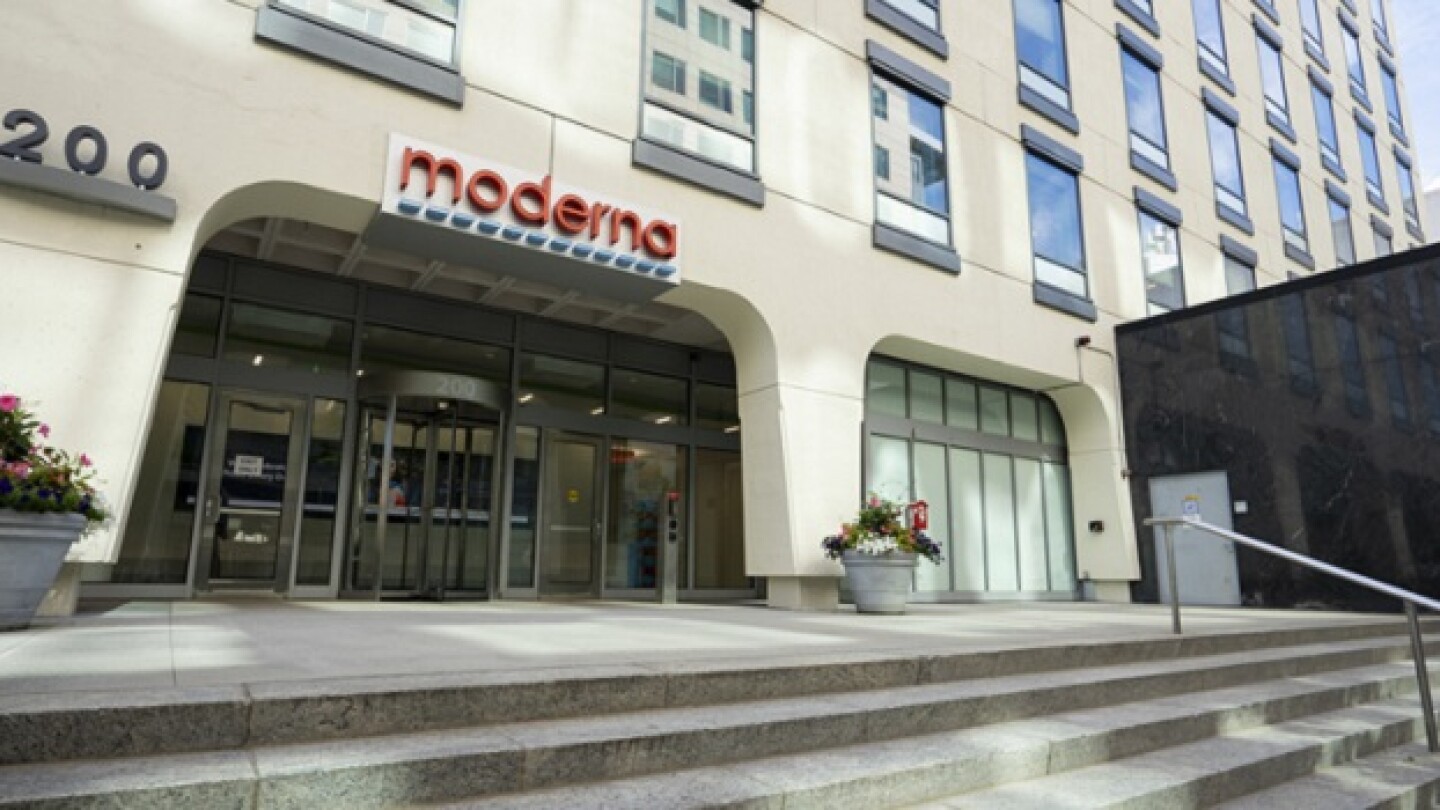News
The Washington, D.C.–Baltimore area ranks in the top six for life sciences R&D and manufacturing talent, according to a CBRE report. The Maryland Department of Commerce’s director of life sciences discusses the workforce and how the state is adapting to changing needs.
FEATURED STORIES
Several companies—including JCR Pharmaceuticals, Denali Therapeutics and Regenxbio—have products in the pipeline that could improve treatment options for this rare disease.
Robert F. Kennedy, Jr.—Trump’s pick for HHS secretary who endured confirmation hearings last week—has repeatedly criticized industry ties to the FDA, particularly financial links between the two, which could indicate trouble for the user-fee model.
While the former Biden administration showcased the Inflation Reduction Act as a key victory in the fight over high drug prices in the U.S., Trump has so far been mum on how the controversial law could evolve in the coming years.
Job Trends
BioMarin Pharmaceutical Inc., a global biotechnology company dedicated to transforming lives through genetic discovery, announced several initiatives to enhance corporate governance and long-term shareholder value creation.
FROM OUR EDITORS
Read our takes on the biggest stories happening in the industry.
Unpredictable communication and a lack of transparency are eroding the industry’s and the public’s trust. The FDA, experts agree, needs to take control of the narrative.
THE LATEST
Keros will be down to 85 full-time employees after the layoffs and expects to generate annualized savings of $17 million.
According to the nonprofit news outlet NOTUS, at least seven studies cited in the Make America Healthy Again report released last week are nonexistent. The White House shrugged off questions about the errors.
While an adverse event reported in Intellia’s gene therapy trial was a “non-concern” for analysts, it follows a handful of patient deaths in other trials for the modality and sent the company’s stock tumbling in pre-market trading.
Looking for a biopharma job in New York? Check out the BioSpace list of seven companies hiring life sciences professionals like you.
Patritumab deruxtecan was unable to significantly improve overall survival in patients with locally advanced or metastatic non-small cell lung cancer with EGFR mutations.
iTeos expects to absorb nearly $25 million in one-time costs for severance and termination payments. The biotech had 173 full-time employees at the end of 2024.
In a letter to the Department of Commerce, Novo Nordisk argued that unsanctioned compounded semaglutide, mostly from China, constitutes a national security threat to the U.S.
Whether you’re moving on or being moved out, how you leave can shape your reputation more than how you led.
The canceled contract comes as Moderna nears a critical FDA decision for its next-generation COVID-19 vaccine.
Nearly a third of employed and almost half of unemployed BioSpace survey respondents are seriously considering leaving the U.S. to find biotech and pharma jobs. Concerns about how the political climate is affecting biopharma are a key driver for many.

















